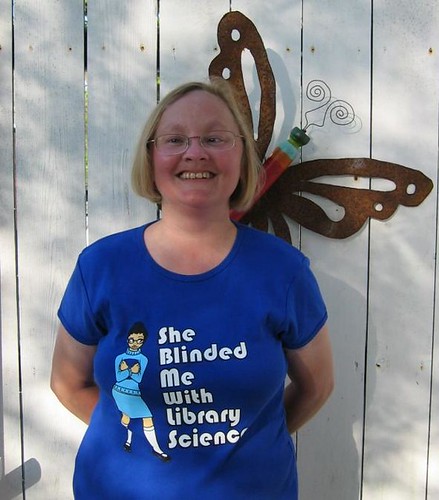Dense, but interesting book. Grinker is a social anthropologist whose daughter is autistic. One of his most interesting theories, I believe, is that there really isn't an autism epidemic -- he argues that the way psychiatrists and psychologists define autism has changed over the years, and that's why more cases are being reported now. He also argues that a diagnosis of autism in the U.S. allows kids to get access to more and better treatments than other diagnoses would. What's also interesting is the time he spends looking at how autistic people (and their families) are treated in other countries -- in Africa, Korea, and India.
Two sections that stuck with me: "Anyone who tells you that psychiatric diagnosis is a strictly scientific exercise is fooling you. In making a diagnosis, doctors consider the educational options, the treatments, the economics, even the sensitivities of the parents, who may prefer or dislike certain diagnoses." (p 135)
And, "In the view of anthropologist Arthur Kleinman, a disease occurs when something is wrong with our bodily organs or systems, whereas an illness is the experience of negative or unwanted changes in our bodies or our ability to function in society. Autism is thus both a disease and an illness, and it cannot be otherwise." (p. 230)
I found Grinker's perspective fascinating. One doesn't think of a disease as having social factors involved, but clearly, especially with respect to diseases that can't always be easily measured, they do.
Subscribe to:
Post Comments (Atom)

No comments:
Post a Comment